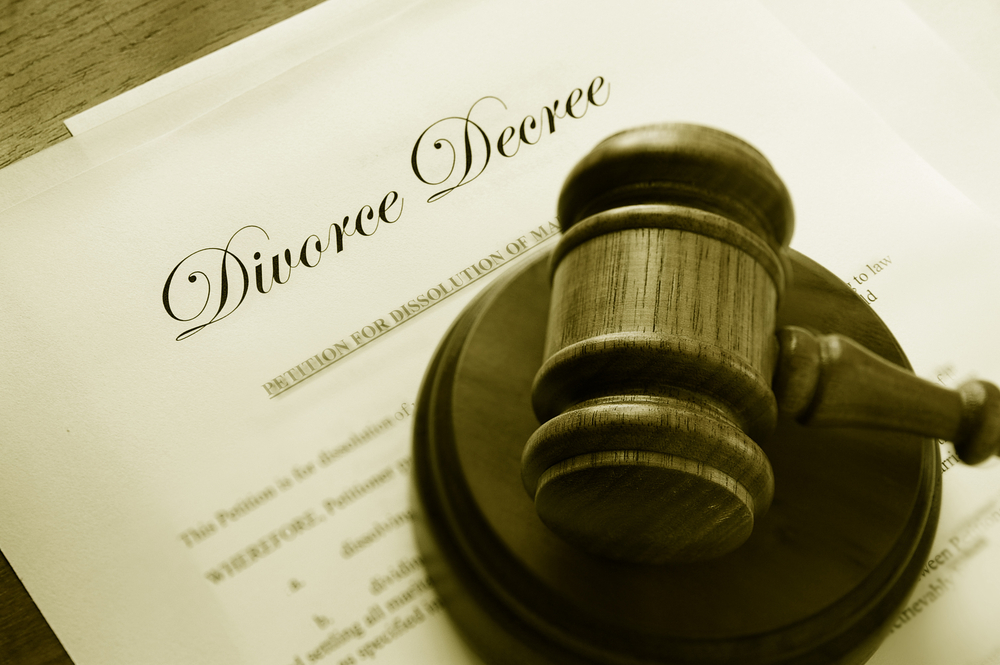A caller from the local Fall River area had asked a common law question, “If a residence is purchased under one name and one person has paid all the bills while two people have lived in the house together for about 10 years, what happens to the gross profit pertaining to the residence when the house is sold?”
Steven Sabra answered that unless there is some other agreement, it is most common that the person who owns the property gets the proceeds. However, there is something in the law by way of equitable relief, where the person who paid the bills might make the argument that the money should be held in a constructive trust on a fairness equitable basis and that he or she ought to be reimbursed for some of the money they have expended. It becomes a complex problem when the people are not married and do not have an agreement. When the people are married then it does not matter whose name the property is in. If there is a divorce, then the judge has to consider that each party has a claim to that asset. If there is an agreement, they could say the house is in one person’s name or they could have terms if it is sold. It becomes a problem where the property is in one person’s name and the other has expended significant funds to maintain it and pay the mortgage.
Under those complex circumstances, it is a case where you would get legal counsel and review all the facts and come up with a decision as far as whether it would be worthwhile to pursue it for legal fees and what you’re trying to recover. Going forward you would consider how you would do it. Do you file a complaint in the superior court and get some type of injunction to prevent the property from being sold or a temporary release? There are several different ways that you can handle it.
For more information on how Massachusetts handles common law properties pending a divorce, click here.

Three Frequent Situations Concerning Common Law Property
When two people get married and share their properties, then go through a divorce or someone dies unexpectedly without making a will, it becomes a tricky situation. It would be easiest to make a will or have an agreement preplanned in case anything were to happen, but unfortunately most people do not plan for something bad to happen. Here are three common situations when dealing with common law property and the way they are typically handled:
- Common Law Property States. The most typical situation in common law property disputes with a normally simple solution is what property is under whose name. In this situation, it is simply put that if something is under one of the spouse’s names but not the other then it is still theirs after the divorce. But, if any piece of property is under both of their names, then it belongs to both of them and will have to be settled by the jury to determine who will be the sole owner.If, for instance, the husband purchases a car and only puts the car under his name and not under his wife’s name, even if she is the one who uses it regularly, then it only belongs to the husband. However, if he puts it under both names, then it belongs to both of them, and if it is her car and he has his own, it would probably go to her.
- Property Distribution Upon Death or Divorce. When one spouse passes away, then his or her properties are to be distributed according to their will. However, if it were a sudden death and no will was made, then there are a couple binding situations.Everything that was owned in a joint tenancy, meaning they both bought and owned the property together, would continue to be owned by the surviving spouse. Therefore, if a husband and wife purchase a home together, then the husband dies; the house will then go to the wife.Also, whoever paid for any property that the deceased has owned will go to the person who purchased it. For example, if a friend bought the deceased a car or furniture, ownership will go back to that friend.All other properties not willed may not go to the person it is desired, therefore it is always important to make a will just in case.If there is a divorce, the courts will decide upon custody of children and how the properties will be divided. If there is an agreement prior to the divorce, then that will go into effect in distributing shared properties.
- Community Property States. If something was bought using money from a shared account accumulated while the couple was married, then it is both parties’ property until the jury determines who gets ownership of it. Also, the money accrued from both parties while they were married belongs to both individuals and will be split evenly regardless of how much each person makes or who makes more money.Notably, money saved up and possessions owned from either spouse before the marriage will not be split due to the divorce. For instance, if the wife owns a piece of jewelry that she owned before the marriage that she brought into their home, the jewelry is then solely hers in the divorce.Lastly, unidentifiable separate properties will be split according to how the jury sees fit. Separate properties would be considered unidentifiable either due to being mixed with community property or not being under either person’s name. An example of this would be property still desired in the divorce, commonly furniture or appliances, that is not under either person’s name that was shared while married with no record of who purchased it.
Serving the Somerset, Fall River, New Bedford, Swansea, and Assonet areas for more than 35 years, Sabra and Aspden are the best divorce and personal injury attorneys in Southern New England.


